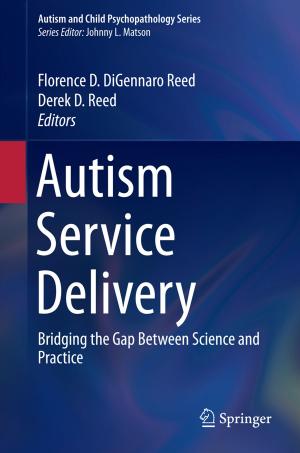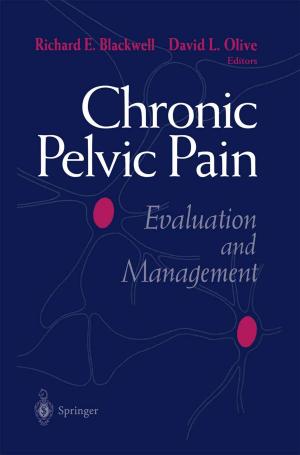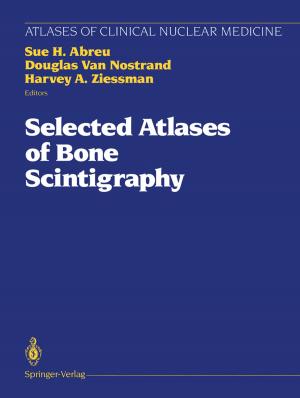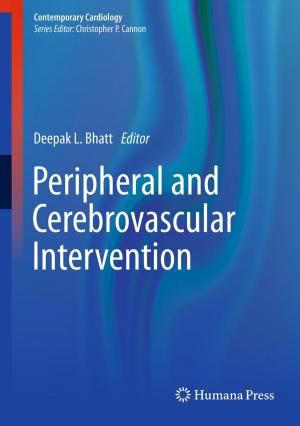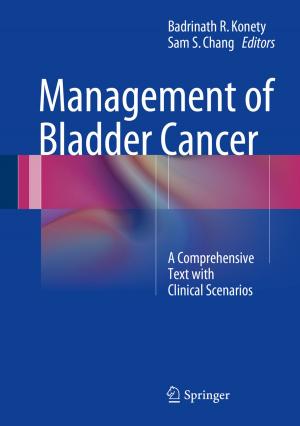Research on Alcoholics Anonymous and Spirituality in Addiction Recovery
The Twelve-Step Program Model Spiritually Oriented Recovery Twelve-Step Membership Effectiveness and Outcome Research
Nonfiction, Health & Well Being, Medical, Specialties, Psychiatry, Psychology, Applied Psychology| Author: | ISBN: | 9780387777252 | |
| Publisher: | Springer New York | Publication: | December 5, 2008 |
| Imprint: | Springer | Language: | English |
| Author: | |
| ISBN: | 9780387777252 |
| Publisher: | Springer New York |
| Publication: | December 5, 2008 |
| Imprint: | Springer |
| Language: | English |
It was once taken for granted that peer-assisted groups such as Alcoholics Anonymous had no “real” value in recovery from addiction. More recently, evidence-based medicine is recognizing a spiritual component in healing—especially when it comes to addiction. The newest edition of Recent Developments in Alcoholism reflects this change by focusing on the 12-step model of recovery as well as mindfulness meditation and other spiritually oriented activity. More than thirty contributors bring together historical background, research findings, and clinical wisdom to analyze the compatibility of professional treatment and nonprofessional support, day-to-day concepts of relapse prevention, the value of community building in recovery, and much more.
Among the topics covered: (1) How and why 12-step groups work. (2) The impact of the spiritual on mainstream treatment. (3) The impact of AA on other nonprofessional recovery programs. (4) AA outcomes for special populations. (5) Facilitating involvement in 12-step programs. (6) Methods for measuring religiousness and spirituality in alcohol research.
Whether one is referring clients to 12-step programs or seeking to better understand the process, this is a unique resource for clinicians and social workers. Developmental psychologists, too, will find Volume 18—Research on Alcoholics Anonymous and Spirituality in Addiction Recovery a worthy successor to the series.
It was once taken for granted that peer-assisted groups such as Alcoholics Anonymous had no “real” value in recovery from addiction. More recently, evidence-based medicine is recognizing a spiritual component in healing—especially when it comes to addiction. The newest edition of Recent Developments in Alcoholism reflects this change by focusing on the 12-step model of recovery as well as mindfulness meditation and other spiritually oriented activity. More than thirty contributors bring together historical background, research findings, and clinical wisdom to analyze the compatibility of professional treatment and nonprofessional support, day-to-day concepts of relapse prevention, the value of community building in recovery, and much more.
Among the topics covered: (1) How and why 12-step groups work. (2) The impact of the spiritual on mainstream treatment. (3) The impact of AA on other nonprofessional recovery programs. (4) AA outcomes for special populations. (5) Facilitating involvement in 12-step programs. (6) Methods for measuring religiousness and spirituality in alcohol research.
Whether one is referring clients to 12-step programs or seeking to better understand the process, this is a unique resource for clinicians and social workers. Developmental psychologists, too, will find Volume 18—Research on Alcoholics Anonymous and Spirituality in Addiction Recovery a worthy successor to the series.





